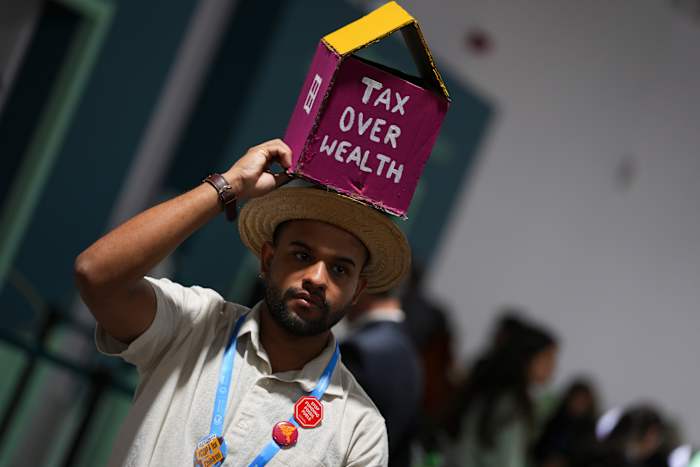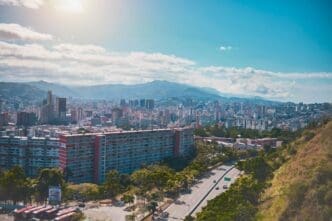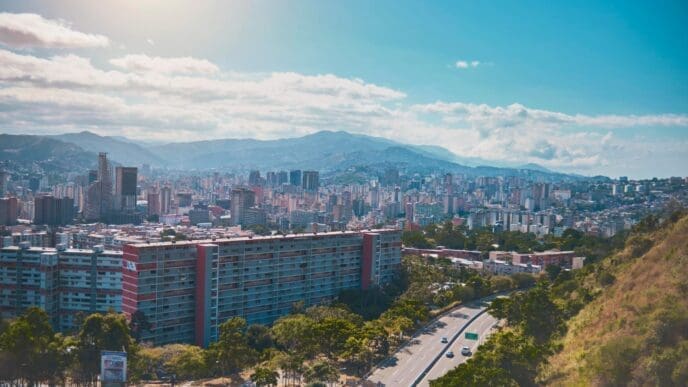As the United Nations climate summit in Baku, Azerbaijan, moves into its second week, the tension is palpable. Negotiators face the significant challenge of determining financial commitments from wealthier nations to assist developing countries in combatting the impacts of climate change. This urgency coincides with a global ‘day of action,’ with activists uniting worldwide to demand climate justice.
Despite intense discussions, tangible progress at the COP29 summit remains elusive. Set against this backdrop, Saturday remains pivotal, traditionally marking the largest protest day during these talks. Protesters are expected to gather not just in Baku but across the globe, unified in calling for more decisive climate action.
This year’s negotiations aim for a landmark agreement, potentially channeling hundreds of billions of dollars annually to nations in the Global South. These regions are disproportionately impacted by climate change-induced weather catastrophes, facing immense financial burdens. Experts argue that the required funding could exceed $1 trillion each year, crucial for mitigating damage and facilitating the transition to renewable energy.
Criticism of the negotiations intensified on Friday. Two former senior United Nations officials issued a call for the process to shift from negotiation to implementation. Former U.S. Vice President Al Gore joined the chorus of dissent, highlighting the predominant influence of the fossil fuel industry within the talks. An analysis identified over 1,770 attendees in Baku with ties to fossil fuels — a stark reminder of the sector’s entrenched role in global discussions on climate.
Yalchin Rafiyev, the chief negotiator, acknowledged the frustratingly slow progress. However, he defended the ongoing efforts, pointing out that past COP processes have managed to reduce projected global warming and provide vital financial assistance to vulnerable nations. “It’s better than any alternative,” Rafiyev asserted, aiming to inspire confidence in the negotiation process.
Hopes for breakthroughs are pinned on the arrival of government ministers in the coming days. Their presence is essential for ratifying any potential agreements that negotiators might achieve, adding a layer of urgency to the proceedings.
The slow pace of the UN climate talks underscores the complex nature of international negotiations, where diverse interests and priorities often clash. As activists continue to advocate for climate justice, the need for effective and timely action becomes ever more pressing. The world watches to see if the second week will bring necessary momentum and resolution.
Source: News4jax














